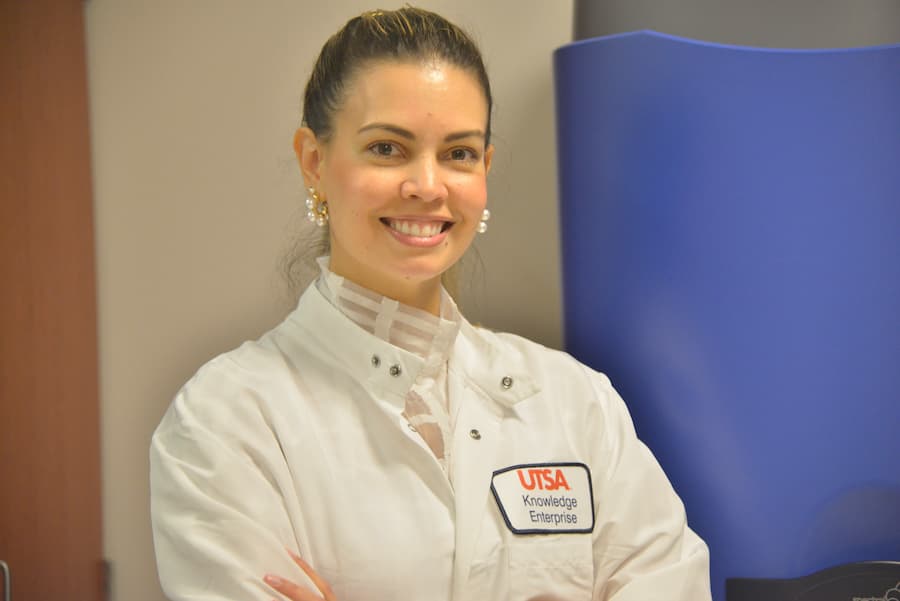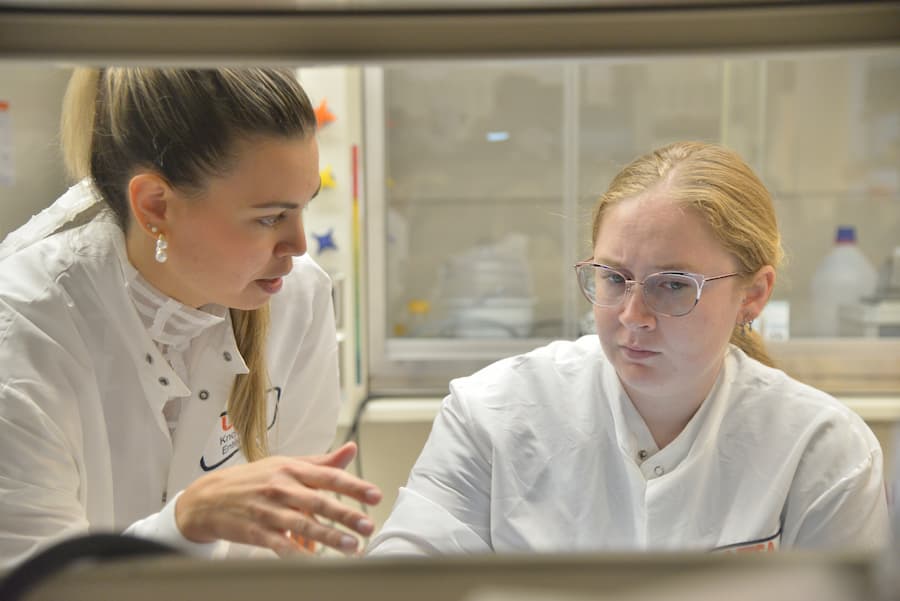Posted on June 27, 2025 by Sean M. Wood

Dr. Maria Gonzalez Porras
Dr. Maria Gonzalez Porras’ research into what triggers the rapid and dangerous loss of fat in cancer patients earned the Voelcker Fund Young Investigator Award.
Gonzalez Porras, an assistant professor of Biomedical Engineering, studies what happens to the fat in cancer patients affected with cachexia, a metabolic syndrome characterized by involuntary weight loss.
“This condition affects many cancer patients and can lead to serious health problems,” Gonzalez Porras said. “We still don't understand why it's happening. Most research has focused on muscle and other organs, but recently, fat has been shown to play a significant role.”

She said a recent paper demonstrated that fat is the first organ to start wasting before other organs. “We want to understand why this fat gets wasted during cancer.”
A significant loss of fat makes specific cancer treatments, like chemotherapy, less tolerable, Gonzalez Porras said. It also dramatically affects patients’ quality of life.
The award comes with a three-year, $350,000 grant, which will help fund her laboratory’s research into using nanotechnology to modulate the metabolism of the fat cells to prevent cachexia.
“It will not only support this research, but it will also support the PhD students and the undergrad students who have been with me since the very beginning of this project,” Gonzalez Porras said. “It will help us continue our science while also investing in the next generation of researchers.”
She also expects the award to help raise the lab’s profile and open new opportunities for collaborations that could amplify the impact of the work.
“We believed before that fat tissue is just passive storage, but now we understand that it plays an active and vital role in health,” Gonzalez Porras said. “By understanding how fat cells functionally fail, especially in conditions like cachexia, we open the door to new therapy and treatments.”
She said they’re not just studying the biology and physiology of fat cells but also engineering tools to precisely modulate fat metabolism.
“This combination of biology and engineering has the potential to transform how we approach metabolic diseases and improve patient outcomes,” Gonzalez Porras said.

